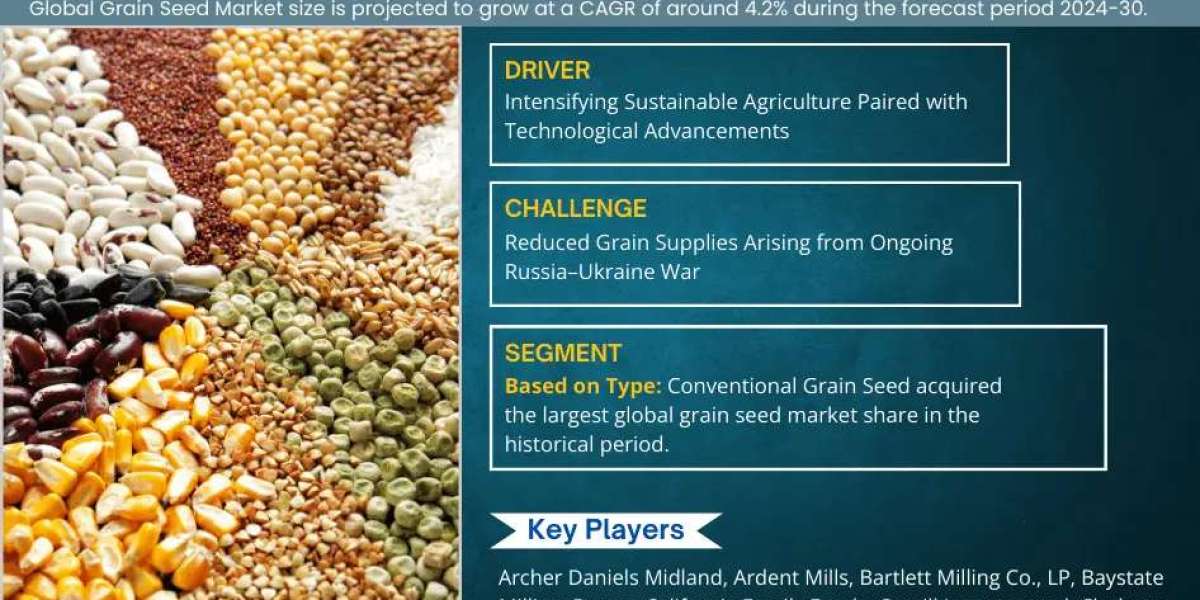What Are Leads in Marketing and Why Do They Matter?
In the world of marketing, one term that consistently appears in conversations, strategies, and success metrics is "leads." But what are leads in marketing, and why are they so vital to the growth of any business? Whether you're a marketing novice or an entrepreneur trying to understand your customer pipeline better, understanding leads is a foundational step toward successful business development.
Understanding the Concept of Leads
A lead in marketing refers to an individual or organization that has shown interest in your product or service in some way. This interest can be demonstrated through various actions: signing up for a newsletter, filling out a contact form, downloading a whitepaper, attending a webinar, or even clicking on an ad. Essentially, a lead is a potential customer — someone who has entered the early stages of your sales funnel.
Leads are not the same as customers. They are people who may become customers after further engagement, nurturing, and persuasion. The primary goal of marketing is to generate these leads and then convert them into paying customers through effective sales strategies.
Types of Leads in Marketing
To manage and qualify leads efficiently, marketers classify them into different types based on their level of interest and interaction:
Cold Leads
These are individuals who fit your target audience criteria but have not shown any direct interest in your business. They often need significant nurturing and awareness-building before becoming active prospects.Warm Leads
Warm leads are those who have shown some level of interest. They might have interacted with your content or responded to a call to action. These leads are more likely to engage further if guided properly.Hot Leads
Hot leads are prospects ready to make a purchasing decision soon. They have expressed strong interest, requested a demo, or asked for pricing details. These leads require immediate attention from the sales team.Marketing Qualified Leads (MQLs)
These leads have been deemed more likely to become customers compared to other leads, based on specific behavioral data such as website visits, downloads, or social media engagement.Sales Qualified Leads (SQLs)
These are leads that have passed the MQL stage and are ready to engage with the sales team. They have shown intent to purchase and meet the criteria for becoming a paying customer.
How Are Leads Generated?
Lead generation is the process of attracting and capturing interest in your business to build a sales pipeline. There are two primary approaches:
Inbound Marketing: This includes creating content like blogs, videos, infographics, and social media posts to draw potential customers in. The idea is to provide value that attracts leads organically.
Outbound Marketing: This includes tactics like cold calling, direct mail, and email blasts to reach out to potential leads who may not yet know about your brand.
Lead generation strategies often involve offering something in exchange for a lead’s contact information, such as a free eBook, webinar, or consultation.
Why Are Leads Important in Marketing?
Leads are the lifeblood of any business. Without leads, there are no prospects, and without prospects, there are no customers. Here’s why leads matter:
Fuel for Sales Teams: Leads provide sales teams with individuals to target and convert.
Measure of Marketing Effectiveness: The number and quality of leads indicate how well your marketing campaigns are performing.
Business Growth: A steady stream of leads ensures business continuity and growth by expanding your customer base.
Conclusion
So, what are leads in marketing? They are more than just contacts; they represent opportunities — opportunities to grow, connect, and build lasting customer relationships. Understanding the types of leads, how they’re generated, and why they’re important gives businesses the clarity they need to create focused, successful marketing strategies. As markets become more competitive and customer journeys more complex, mastering lead management becomes an essential component of achieving long-term marketing success.








